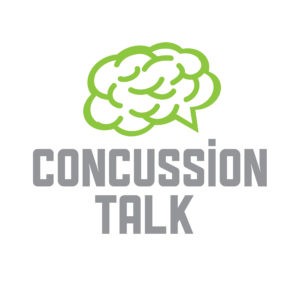Good, bad or indifferent, consequences are whatever happens next.
The first time I ever truly had the wind knocked out of myself happened when I was a kid (probably 8 or younger), in one of those ‘seemed like a good idea at the time’ moments. For me, climbing trees was less a hobby and more a pseudo-profession (you know, for an 8 year old). I had climbed, or at least attempted to climb, every tree in our yard, but there was a tree at the bottom of our street that I hadn’t climbed. I realized this one day, perched high in a chestnut tree at the end of backyard and decided that this foolishness had to end. I would climb it!
It was the classic tree-climbers tree. The lowest branch was parallel to the ground and required a good jump to grab. Next I had to swing my legs around the branch (making me look like a scrawny pig on a spit). Done. Now what? There goes my grip and, of course, my legs weren’t in the best position to catch me and I landed flat on my back. As far as I remember, it didn’t hurt, it just scared the shit out of me. I was fine though, that incident was quickly ignored and I got back to my tree-climbing ways. Although I can’t remember much about the day, I’ll bet a similar consequence-free thought process went though my head 15 years later, just before I skidded off my bike and flew into another tree, 5000km away, and my life took a much different course than I ever would’ve thought.
Consequences can easily be ignored because they haven’t happened yet. A child sees hockey, rugby, football or any contact sport (I saw water polo) and sees how exciting it must be: hitting, getting hit, making really cool moves. It’s not just kids though. It’s also adults, forgetting that sports like hockey and football involve a lot of collisions and a lot of injury. Consequences are ignored at every age and bad consequences don’t happen to everybody.
Not liking a reality doesn’t make it disappear. That’s not meant to be as pedantic or patronizing as it reads. It sounds depressing, and it’s what makes acceptance difficult. If a child plays on a hockey or football team, they will get hit. It’s not a chance, it’s a certainty. The better and the more often they play the more they will get hit. How hard and how they land is another issue. If a child plays in a competitive contact sport league, it is very likely that someone will be hurt. Adults need to know that maybe their child won’t get hurt, but somebody else’s child will. It’s not a certainty that your child will be concussed, but remember, you’re a ‘somebody else’ to anyone who’s not you.
That’s one of the saddest paragraph I’ve written. However, I know first hand that there’s a tremendous amount of joy and excitement that children and adults get from sports (contact and otherwise). Contact sports shouldn’t be discouraged because of the inherent risks, but people need to understand all of the risks.
Doctors readily admit that not enough is known about brain injury, making it that much more difficult to explain to a child the dangers of being hit on the head. Risks don’t detract from the joy of taking part, but understanding them will help children and parents decide how much risk they are willing to take. Sports have always been a huge part of my life and though I no longer participate in them like I used to, I know how important and how incredible they are to a child. The benefits of playing, making friends and sharing a common goal are enormous. Sports also come with the risk of injury. Contact sports, more than others, come with the risk of brain injury. Brain injuries come with an unknown timeline for recovery and unclear, lasting symptoms. Broken bones, torn muscles, etc. are understood and parents tell kids to stretch or not to be reckless. Even though brain injuries are not well known, there’s still a lot of information out there. I encourage any one to read as much as you can, understand as best you can and encourage the use of helmets and common sense.

Leave a Reply